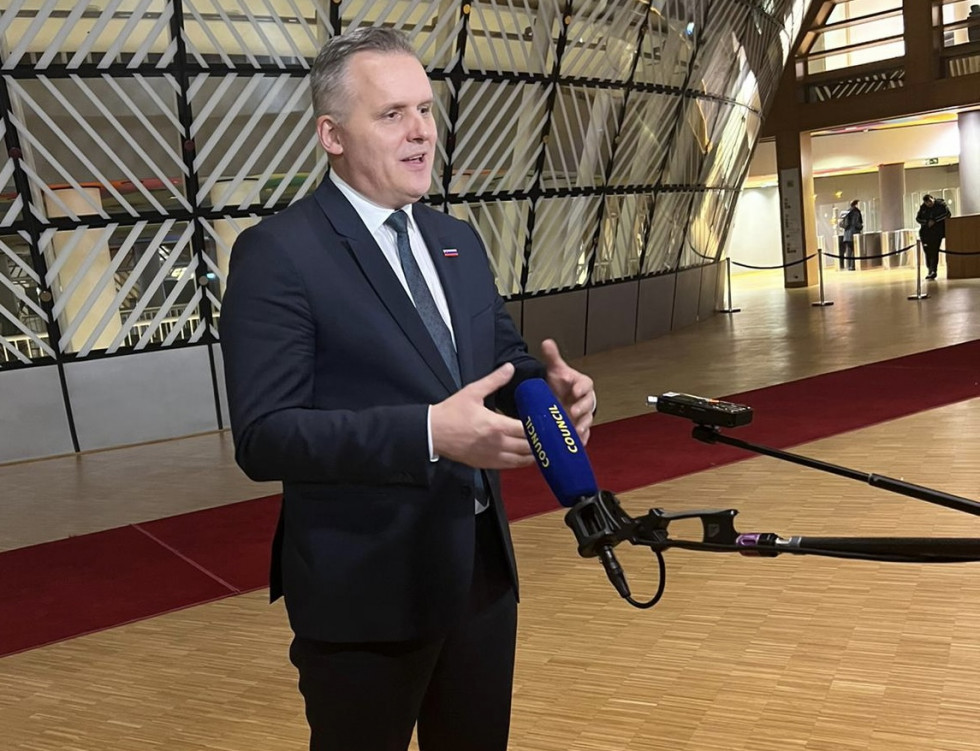European energy ministers reach political agreement on capping the price of natural gas
The price of natural gas in the European Union will be capped at EUR 180 per megawatt-hour following today's agreement.
Following the most demanding discussion to date on the situation and measures on the European energy markets, ministers reached an agreement on the so-called "price cap" on natural gas proposed by the European Commission, with Slovenia and eleven other Member States disagreeing with the original proposal. In particular, the countries disagreed on the level of the price of monthly natural gas forward contracts on the Dutch TTF trading hub, which would be EUR 275 per megawatt-hour under the Commission's proposal. Slovenia took the view that an agreement could be found between EUR 160 and EUR 220.
Today's meeting agreed on a so-called gas cap at EUR 180 per megawatt hour, to be triggered after three days if the difference with global markets is EUR 35 or more compared to the average price of liquefied natural gas (LNG). The mechanism will enter into force in February next year.
“We can be extremely satisfied. European energy ministers have again shown that agreements are possible. I hope that our decisions will be followed by stock market prices in the coming days. I think we have reached a healthy compromise," said Mr Kumer after the meeting.
In the context of this important political agreement, the meeting also formally adopted a Regulation on strengthening solidarity through better coordination of gas purchases, cross-border gas exchanges and reliable price benchmarks. The Regulation brings important innovations for a more secure and solidarity-based gas supply – common procurement, solidarity mechanisms, avoiding volatility on energy futures exchanges. As part of the agreement, the Regulation on the Framework for the acceleration of the deployment of energy from renewable energy sources was also slightly adapted, bringing important innovations in the acceleration of the siting of renewable energy projects in urban areas.


